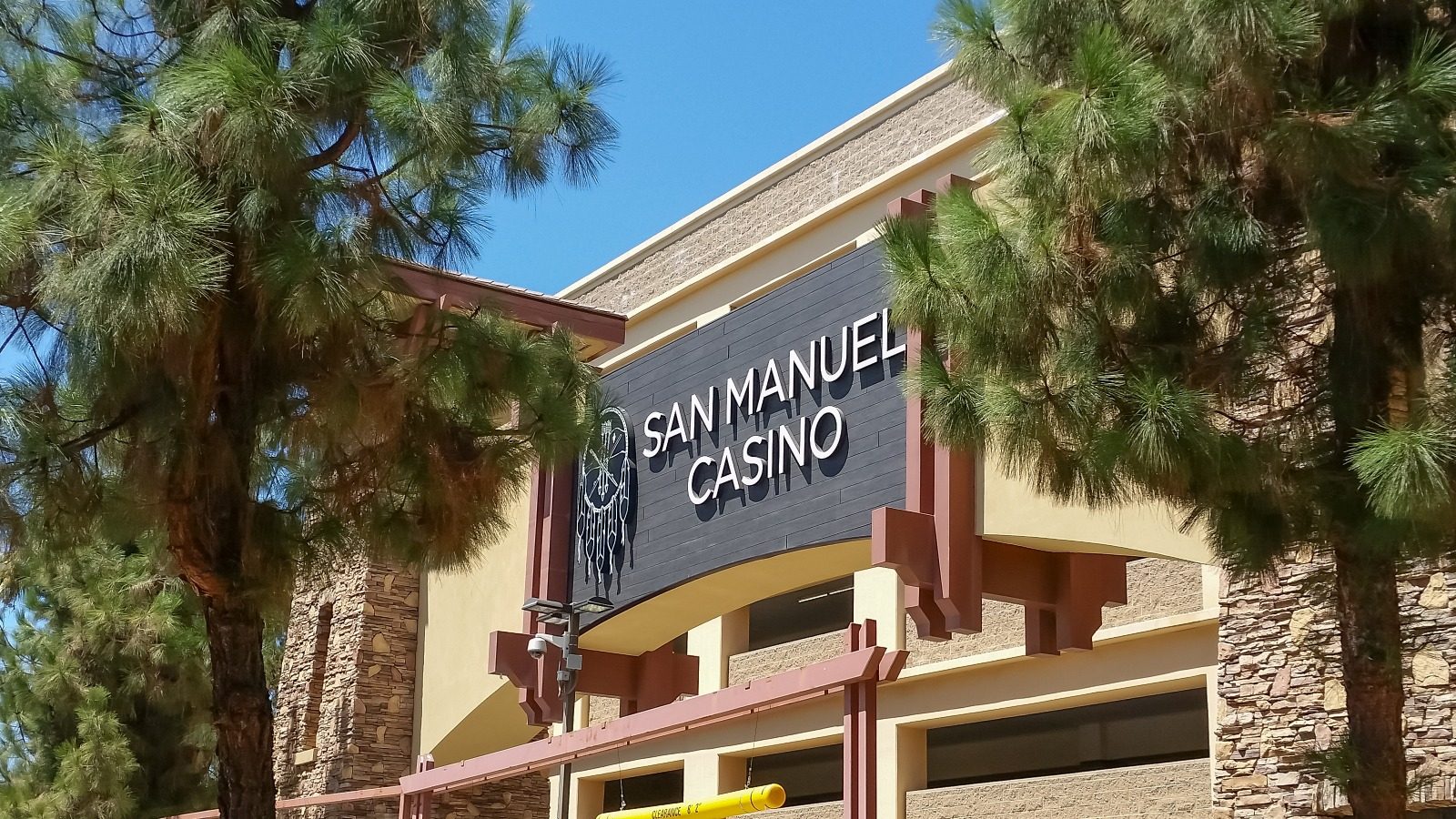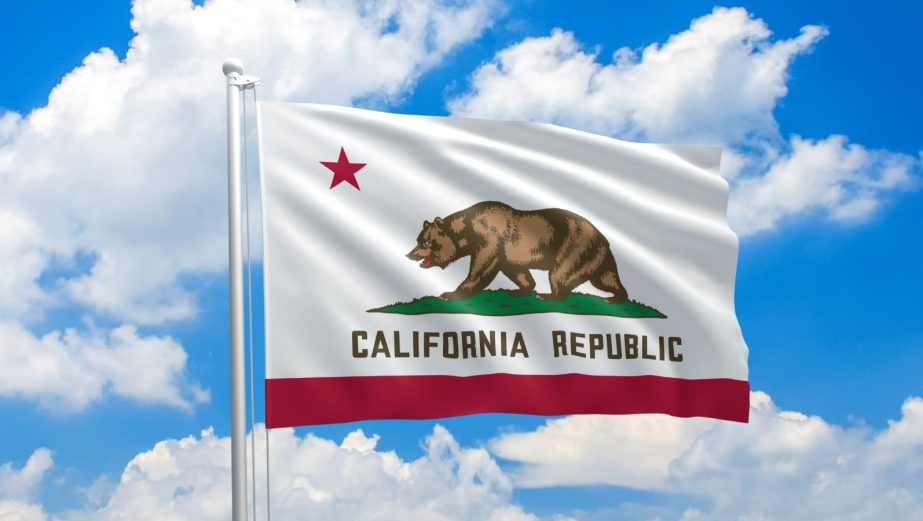An undated letter from the Yuhaaviatam of San Manuel Nation that appears to push back on the “YES Pledge” for expanded gambling authored by Sports Betting Alliance (SBA) Tribal Advisory Council members has been sent to some California tribal leaders.
In the letter, obtained by InGame, Tribal Chair Lynn Valbuena writes that “the future of tribal government gaming in California is at risk” and that a proposed commercial gambling expansion will “will provide large profits for them, while undermining the fabric of Indian Gaming in California.”
The “YES Pledge,” which began circulating in September, encourages tribes to “commit to working together to secure voter or legislative approval of a tribally governed framework for online sports betting.” However, it is not supported by the biggest tribal association, the California Nations Indian Gaming Association (CNIGA). San Manuel is a member of CNIGA. Bet365, BetMGM, DraftKings, Fanatics Sportsbook, and FanDuel comprise the SBA.
Jeff Grubbe, former Agua Caliente Band of Cahuilla Indians chair and current SBA tribal advisor, responded to the letter via LinkedIn in late September, writing that it relies on “opinions, assumptions, and speculative outcomes — not verifiable facts.”
The back-and-forth is the latest chapter in the saga surrounding the effort to legalize digital sports betting in California. It comes just as California tribes successfully lobbied for and got sweepstakes operators expelled from the state and are celebrating a July attorney general’s opinion that daily fantasy sports are not legal in California. Both forms of gaming, according to the tribes, encroach on the exclusivity they have under the Indian Gaming Regulatory Act (IGRA) and compacts made with the state.
California’s tribes engaged in many issues
California’s tribes are continuing to fight to defend that exclusivity on other fronts. Friday, a state superior court judge threw out their lawsuit brought against the state’s cardrooms, and several tribes sued the prediction market Kalshi for operating on their reservations.
The legalization of sports betting — several years ago the highest priority with regard to gaming in California — is now one of many fronts. While the state’s tribal leaders are stretched across different issues, it’s become clear in recent months that they are also divided on how to move forward with legal sports betting. CNIGA Chair James Siva has said the group is aiming for a tribal-run wagering initiative in 2028, but Indian Country must first come to consensus on what that will look like.
In the meantime, the state’s tribes have come together for meetings about a framework while commercial operators continue to pitch ideas. Those operators, sources previously told InGame, have been invited to participate in state-wide tribal meetings, though the tribes also meet in private sessions without commercial operators.
The “YES Pledge,” authors said, was an effort to bring tribes together, at least conceptually. It did not include specifics, rather a commitment to work collaboratively. It came together after SBA tribal advisors — former tribal leaders who can participate in tribal-only meetings and also advise the SBA — listened to their peers and then “shaped, discussed, and advanced” the idea “with the aim of benefiting all tribes,” Grubbe previously told InGame.
Differing views
San Manuel’s leadership appears to be taking issue with how its name is being used in association with the pledge. In the letter, Valbuena does not directly name the pledge but points to “commercial operators” whom she says are not trustworthy.
In the letter, Valbuena lays out four “guiding principles” her tribe uses to “ensure we protect tribal government gaming for all federally recognized California tribes for the long-term.”
- Protect tribal sovereignty: Protect tribal gaming as a mechanism to fund critical tribal government programs and services, by ensuring any gaming expansion continues to be governed under an IGRA model.
- Preserve tribal gaming exclusivity: Ensure the promise made by California voters is upheld by limiting Class III gaming ownership to only tribal governments.
- Be inclusive of all tribes: Include opportunities for limited and non-gaming tribes to participate in any new expansion of gaming.
- Ensure any gaming expansion includes responsible gaming measures: Develop and implement mechanisms to ensure game integrity and player protections are included in any future online ballot initiative.
She also wrote that some former San Manuel employees now working for commercial operators do not have the best interests of tribes top of mind, and warned that commercial operators may not be being truthful and may steal customers from tribes. Grubbe responded by writing:
- Assertions about sovereignty and exclusivity being “at risk” are stated as certainty, yet no factual evidence or legal precedent was provided to show that the presence of online operators would automatically diminish or override tribal sovereignty.
- Claims about former employees “turning their backs on tribes” and breaching ethics rely on subjective judgment rather than documented violations or legal findings.
- Statements that commercial operators will never deliver on promises are speculative, based on opinions of past performance in other states, and not established fact about what may or may not occur in California.
- The idea that “your customers become their customers” is a prediction, not a demonstrable reality, and assumes outcomes that have not been tested under California law or under any tribal-negotiated framework.
2022 initiative fight was pricey, nasty
Since California voters decisively shot down Proposition 27 in 2022 that would have allowed online and mobile sports betting in the state, commercial operators, led by FanDuel, have attempted a different pathway to partner with tribes. FanDuel executives have addressed tribal gatherings at conferences and individually in an effort to find a middle ground.
Last year, FanDuel President Christian Genetski kicked off an apology tour, telling the tribes at the Western Indian Gaming Conference that the effort “was definitely a spectacular failure on our part. It wasn’t the right plan or the right time.” Company CEO Amy Howe delivered a similar message at the 2024 Indian Gaming Association (IGA) conference, and executives from DraftKings and FanDuel said the tribes would take the lead in any wagering legalization process at the 2025 IGA conference.
In 2021-22, Indian Country staked a political action committee with about $250 million, including more than $100 million put up by a partnership among the tribes San Manuel, the Rincon Band of Luisueño Indians, and Wilton Rancheria to kill Proposition 27.
While commercial operators reached out to tribes after first filing the initiative, and then updated it to reflect tribal concerns, the two sides did not come to consensus. What followed was the most expensive initiative campaign in history — and it was often nasty on both sides.
The campaign featured negative advertising on both sides, with tribes calling commercial operators greedy and saying they would take revenue out of state while commercial operators argued that only the richest tribes would benefit, and ran a series of ads featuring poor living conditions on rural reservations. Both sides twisted statistics and surveys to their benefit, often using deceptive messaging.
Had Proposition 27 passed, tribal governments would have been the wagering licensees with commercial operators like BetMGM, DraftKings, Fanactics Sportsbook, and FanDuel as partners. Seven major operators funded the campaign, which also proposed using a portion of sports betting tax revenue to fund homeless initiatives in the state. But the tribes viewed details of the proposal as encroaching on both their exclusivity to gaming and sovereignty.
Proposition 27 was one of several initially proposed for the ballot, and one of two that made it. Proposition 26, the other initiative that made the ballot, would have allowed for sports betting at brick-and-mortar casinos and horse racetracks only. Run by Indian Country, Proposition 26 would have also allowed for the addition of ball and dice games, like roulette and craps, at tribal casinos. It was broadly supported by Indian Country and was initially aimed at the 2020 ballot, but the timing was derailed by COVID-19 shutdowns. In killing Proposition 27, the tribes killed Proposition 26 as well.
San Manuel: no commercial branding
A third proposal, backed by San Manuel and three other tribes, did not make the ballot. The proposal would have allowed tribes to seek licenses for in-person and digital sports betting, and would have allowed for the addition of roulette and craps at retail casinos.
That ballot initiative proposal would have entitled California tribes to amend their gaming compacts to include craps, roulette, and retail sportsbooks at their physical casinos, as well as state-wide online sports wagering with bets deemed to occur at the location of servers on Indian lands. The proposal would have required that platforms be branded by tribal casinos and banned the use of commercial operator names. It also included language that would have allowed smaller or non-gaming tribes to partner with larger tribes to have “branded skins” and keep 50% of revenue.
California’s most successful gaming tribes are aligned on the idea of having tribal brands, not commercial operators, front-facing.
All proposals — as well as those being discussed now — included language to ensure that non-gaming tribes would get some benefit from any new gaming through the state’s Revenue Sharing Trust Fund (RSTF). The RSTF was created in 1999, and $1.1 million per year is distributed to some small and all non-gaming tribes. The amount of the distribution has remained static for 26 years — and is a key issue now. The San Manuel letter was directed toward the RSTF tribes.
Commercial operators have floated several proposals promising up to $10 million per year for RSTF tribes. Indian Country, which hasn’t yet settled on a digital wagering model, hasn’t put a hard number on what tribes would get annually from RSTF but promises an increase.
In addition, all of the tribal-backed proposals would create a gaming landscape within the structure of IGRA. Not all commercial proposals would be under an IGRA model. IGRA provides key protections — among them exclusivity — for the tribes and would require an operator to pay a tribe 60% of betting revenue.
This model, it has been argued, would be more beneficial financially for tribes. Commercial operators argue that the wagering market would be exponentially bigger without the IGRA model and by allowing operators to have front-facing branding.







